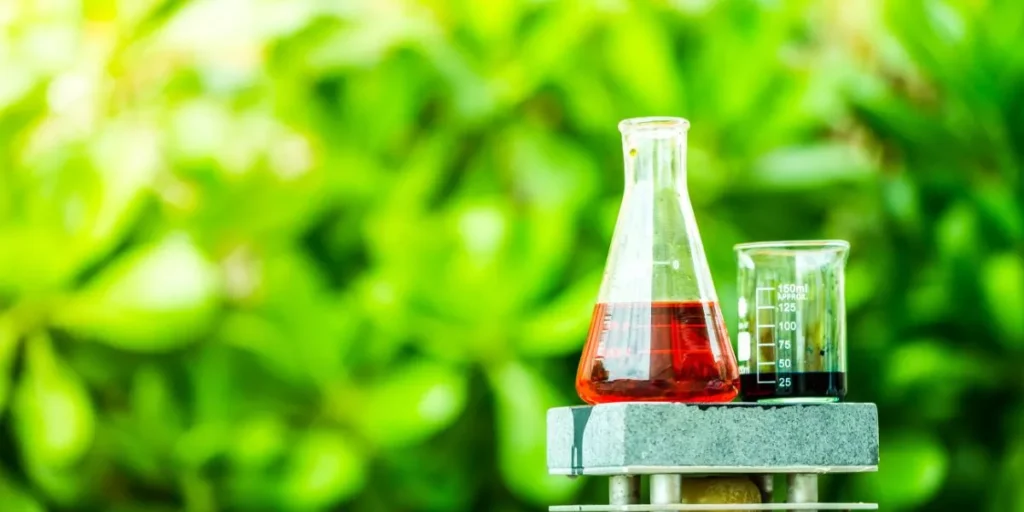
When it comes to storing garden chemicals securely, you hold the key to safeguarding not just your own well-being but also that of the environment around you. Imagine the potential consequences of a simple oversight in storage – the risks, the impact, the aftermath. Understanding why this practice is crucial can go a long way in ensuring a safe and sustainable gardening experience. So, how exactly does secure storage play a pivotal role in this intricate web of health, safety, and environmental protection? Let’s explore further.
Health Risks of Improper Storage
Improperly storing garden chemicals can pose serious health risks to you and your family. When these chemicals aren’t stored securely, they can easily be accessed by children or pets, leading to accidental ingestion or exposure. This can result in symptoms such as nausea, vomiting, dizziness, and in severe cases, even respiratory issues or poisoning.
Furthermore, if these chemicals come into contact with skin or eyes due to improper storage, they can cause irritation, burns, or other harmful effects.
To prevent these health risks, it’s crucial to store garden chemicals in a designated area that’s out of reach of children and pets. Make sure that these substances are kept in their original containers with secure lids to avoid leaks or spills. Additionally, always wear protective gear such as gloves and goggles when handling these chemicals to minimize the risk of skin or eye contact.
Environmental Impact of Chemical Leaks
When garden chemicals leak into the environment, they can have devastating effects on ecosystems and wildlife. These leaks can contaminate soil, water sources, and the air, leading to long-lasting damage. Chemical runoff from gardens can seep into nearby water bodies, causing water pollution and harming aquatic life. Birds, insects, and other animals can also be negatively impacted when exposed to these chemicals, disrupting food chains and biodiversity. Persistent chemicals can accumulate in the environment, posing a threat to both wildlife and humans who rely on these ecosystems.
Additionally, chemical leaks can result in the destruction of beneficial microorganisms in the soil, affecting its fertility and overall health. This can have a domino effect on plant growth and the balance of the ecosystem. To prevent such environmental harm, it’s crucial to store garden chemicals securely, ensuring they’re properly sealed and stored away from sources of water or heat. Proper disposal of unused chemicals and containers is also essential to minimize the risk of leaks and protect the environment.
Legal and Regulatory Compliance
To comply with legal and regulatory standards, ensure that garden chemicals are stored in accordance with guidelines to prevent environmental harm. Failure to store these chemicals properly can lead to severe consequences, including contamination of soil, water sources, and harm to wildlife. By following regulations, you not only protect the environment but also prevent potential legal issues that may arise from improper storage practices. Laws exist to safeguard ecosystems and public health, so it’s crucial to abide by them.
Regulatory compliance involves understanding and adhering to rules set by government agencies. These regulations dictate how garden chemicals should be stored, handled, and disposed of to minimize negative impacts on the environment. Violating these regulations can result in fines, penalties, and damage to your reputation. Therefore, it’s essential to educate yourself on the specific requirements for storing garden chemicals in your area and ensure strict compliance with these guidelines. Remember, following the rules isn’t just about avoiding trouble—it’s about being a responsible steward of the environment.
Importance of Child and Pet Safety
Ensure the safety of children and pets by securely storing garden chemicals away from their reach. This simple action can prevent accidental poisoning or harm to your little ones and furry friends.
Children, in their natural curiosity, may mistake colorful chemical containers for something harmless or tasty. By keeping these chemicals out of sight and securely locked up, you can avoid any unwanted incidents.
Pets, with their keen sense of smell, may be attracted to the scent of certain garden chemicals, leading them to investigate and potentially ingest something harmful. Storing these substances in a secure location also protects your pets from accidental exposure.
Garden














